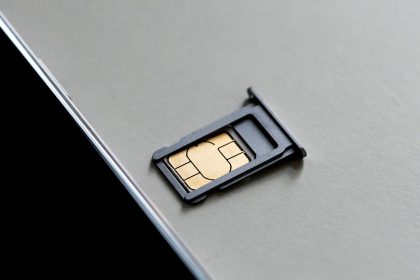Mauritius is set to become the first African country to implement a fully interoperable digital ID wallet after announcing a new partnership with Thales.
Details
Thales, a consortium that includes the domestic IT firm Harel Mallac Technologies (HMT) will develop a digital ID system based on Thales’ platform, in service of the country’s 2030 digital transformation strategy.
The new card will only be available to people reaching 18 or 60 years of age, those replacing lost or damaged cards, and people changing their name by marriage or court order.
Digging Deeper
Through the course of a 10-year contract, Thales will provide essential elements including a modular Identity Management System for eID card issuance and a Digital ID Wallet for mobile devices.
Citizens will be able to register for a digital ID in person at designated enrollment centers, or remotely through a digital channel.
Thales says that the Digital ID Wallet will ultimately include not only a virtual version of the Mauritius national ID card, but additional digital documents including birth and marriage certificates, which users will be able to share electronically or display in person when needed.
Citizens will be able to use their digital IDs to access government e-services and to electronically sign digital documents.
What They’re Saying
“With this implementation, blending ID cards and digital identity, Mauritius fully leverages the best of both worlds, offering the optimal combination of security and ease,” says Youzec Kurp, vice president of Identity and Biometrics Solutions at Thales.
“The new Mauritius ID system stands as one of the most advanced and marks the first implementation of a fully interoperable Digital ID Wallet in Africa, adhering to international ISO standards. This positions Mauritius amongst the pioneer countries in identity solutions worldwide.”
Why This Matters
For Mauritius, the digital ID project should help to propel its transformation into a high-income, innovation-driven economy, in line with its 2030 digital strategy.
First announced in 2018, the plan focuses on enhancing digital infrastructure with widespread broadband access, implementing comprehensive e-government services, and fostering a vibrant digital economy through support for startups and investment in the tech sector.
Source: Find Biometrics
Catch up on news and other tidbits on our WhatsApp Community Page, Twitter/X, and subscribe to our weekly newsletter to ensure you don’t miss out on any news.










